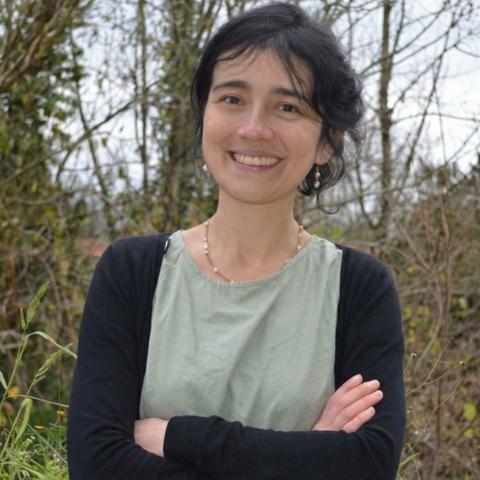Why did German geographers study agrarian colonisation in Latin America, particularly during the post-war period, and what research did they produce on this topic? German geographers arrived in Latin America individually, acting as researchers and observers. Over around thirty years, twenty-five geographers from three academic generations — ranging from formal colonial geographers to the first generation of Latinoamericanistas — produced knowledge on 230 agrarian colonies in Latin America. This study found that German geographers produced specific knowledge on agrarian colonisation characterised by ambivalence. This knowledge drew on a holistic understanding of tropical geography and aligned with the practical concerns of agrarian colonisation and development policy. This study combines a history of knowledge with a conceptual history, reconstructing the production of knowledge through the selection of terms. After several rounds of selective reading, five central concepts were identified: population, opening, environment, acculturation and region. By contrasting synonymous and antonymous meanings within subtopics, the study revealed the ambivalences with which geographers approached specific issues relating to agrarian colonisation. These ambivalences revealed continuities and changes in colonial knowledge, as well as clashes with the dominant New Deal developmental knowledge. This demonstrates that the holistic approach to knowledge was an older Western epistemology that circulated as planning knowledge in Latin America during the early Cold War, in the quest to regionalise the tropics.


